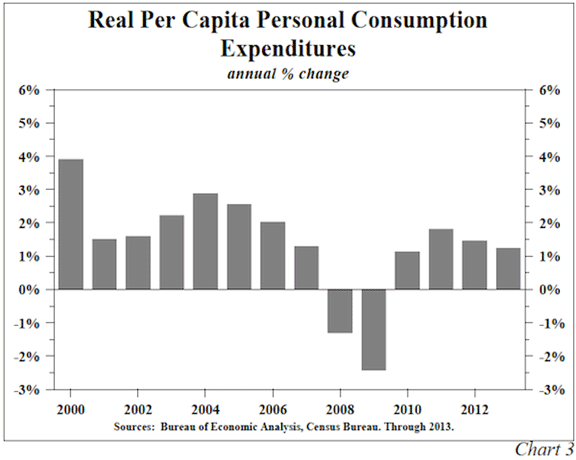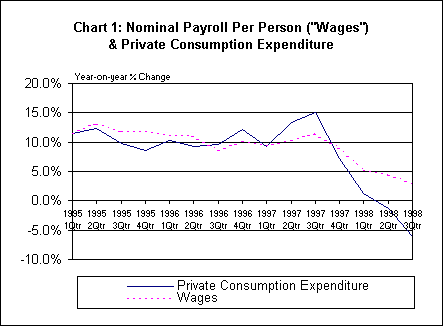Wealth effect News Real Time Economics
Post on: 7 Апрель, 2015 No Comment

Why Home Price Gains Aren’t Lifting the Economy
By Nick Timiraos
In each of the past few years, economists have pointed to housing as a potential locomotive to get the economy going. And while housing stopped being a drag on the economy a few years ago, few would argue that it’s living up to its true potential as a catalyst for a stronger recovery.
Over at the “House of Debt” blog, economics professors Atif Mian. of Princeton University, and Amir Sufi. of the University of Chicago, offer a trenchant post Thursday on why they believe housing isn’t going to be that locomotive. They conclude that the home price gains of the past two years are having fewer knock-on benefits for the economy than in the past because those gains have done little to stimulate either new-home construction or increased spending paid for by home-equity borrowing.
Why Housing Won’t Save the U.S. Economy
Subscriber Content Read Preview
By Nick Timiraos
New home sales during the first quarter stood at their highest level for any first quarter since 2008, boosting hopes that housing could help power the economy through a painfully slow recovery.
But in a new essay being presented this week, Amir Sufi of the University of Chicago ’s Booth School of Business, says we should “temper our optimism on what a housing recovery can do for the U.S. economy.”
The crux of his argument is that a key way that housing stimulates growth the so-called “wealth effect” in which people spend more because they feel richer as the value of their home increases is likely to be muted because many of the borrowers who spent most liberally during the housing boom aren’t getting mortgages today. (Mr. Sufi’s argument is a variant on a theme offered by Credit Suisse economists Neal Soss and Henry Mo earlier this year).
Housing contributes to the economy in two main ways: from home construction and consumer spending. Mr. Sufi’s work focuses on the latter, which is seen most directly when borrowers tap into their home equity to fund everything from vacation and college tuition to home renovations and dinners out. Read More
2:30 PM ET
Rising House Prices, Not Stocks, Make People Feel Wealthy
By Michael S. Derby
As a key influence on households spending decisions, the health of the housing sector trumps stock-market moves, a paper released this week by the National Bureau for Economic Research claims.
The study. written by prominent economists Karl Case. John Quigley and Robert Shiller. refines their existing study of what is called the wealth effect. Case and Shiller are well known names, especially on housing issues. Quigley, another luminary, died in May, before the researchs publication.

Most economists and policymakers agree asset price gains can be big drivers of consumer spending power. Rising home or stock prices are generally agreed to increase consumer spending, while falling asset prices cut the other way.
That said, economists and policymakers have had a hard time quantifying the wealth effect. Thats problematic for many reasons, but its even more so due to the fact that the housing markets crash and apparent recovery are considered central to the overall fate of the economy. To that end, the Federal Reserve is pursing a policy course deliberately aimed at driving up all manner of asset prices in hopes its actions will boost household spending to power better overall growth. Read More
2:13 PM ET
Price Rise Shows a Better Balanced U.S. Housing Market
By Kathleen Madigan
The best evidence that the U.S. housing sector is recovering is the recent gains in home prices.
Tuesday brought two reports on home values. The third-quarter S&P/Case-Shiller nationwide home price index was up 3.6% from its year-ago level, its second year-over-year gain.
The uptrend in prices shows supply and demand are in better balance in both new and existing home markets. Of course, new home construction feeds more into gross domestic product but demand for both types of housing is good for consumer confidence and leads to future home-related purchases such as appliances, textiles and landscaping services. Read More














